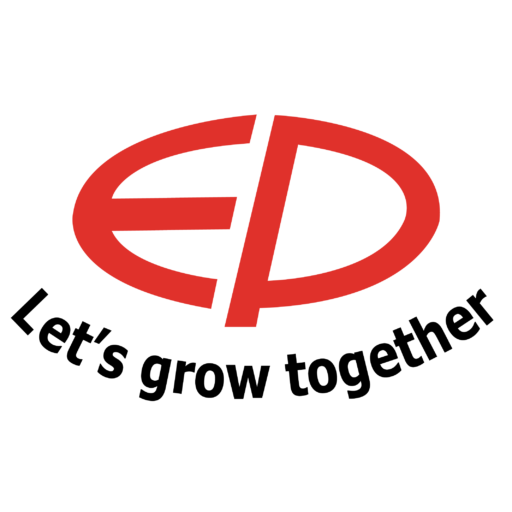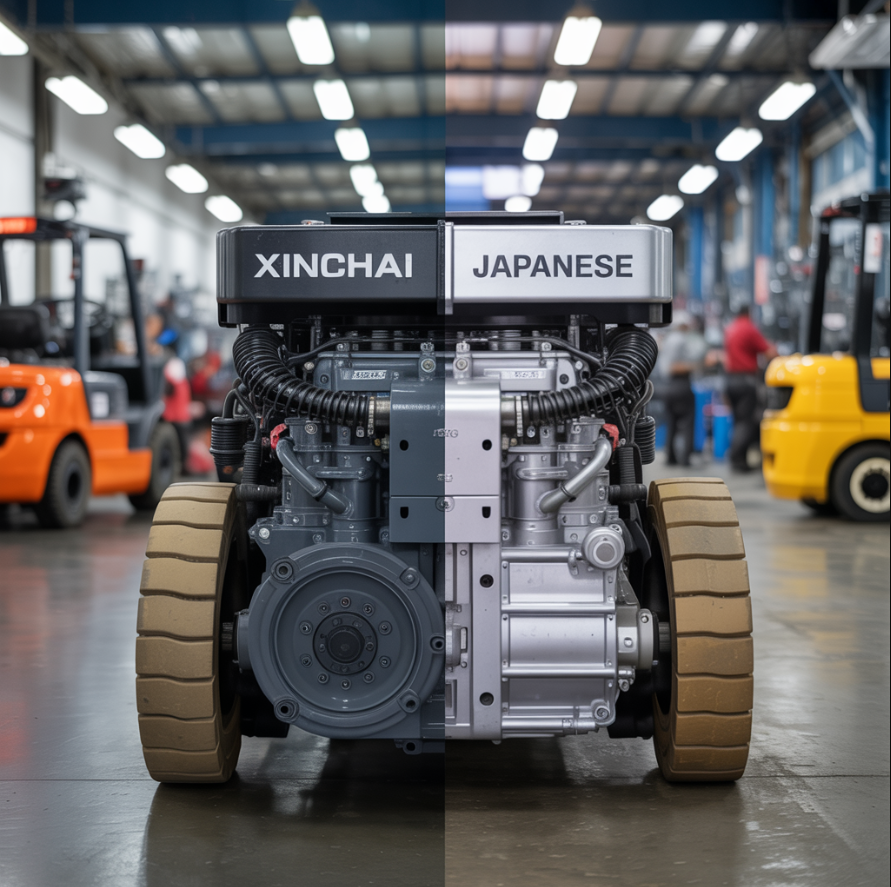Comparison Between Xinchai Diesel Forklift Engines and Japanese Diesel Forklift Engines
When comparing diesel forklifts using Xinchai engines (China) and those using Japanese engines (such as Isuzu, Yanmar, Mitsubishi, Kubota…), we can evaluate based on the following criteria:
🔧 1. Engine Quality
| Criteria | Xinchai (China) | Japanese Engines (Isuzu, Yanmar, etc.) |
|---|---|---|
| Durability | Fairly good, stable for 3–5 years with regular maintenance | High, can perform well for 8–10 years with regular maintenance |
| Technology | Basic technology, easy to repair | More advanced, optimized for performance and fuel economy |
| Stability | May have minor issues after long use | Very stable, rare minor issues |
💰 2. Price
| Criteria | Xinchai | Japanese Engines |
|---|---|---|
| New vehicle price | 15–30% cheaper than Japanese | Higher |
| Spare parts cost | Low, widely available | Higher, but better quality parts |
🔧 3. Service and Maintenance
| Criteria | Xinchai | Japanese Engines |
|---|---|---|
| Spare parts | Easy to find, cheap | OEM parts harder to find, more expensive |
| Technical team | Easy to repair, less expertise needed | Requires more skilled technicians, but less frequent repairs |
⛽ 4. Performance and Fuel Consumption
| Criteria | Xinchai | Japanese Engines |
|---|---|---|
| Fuel consumption | Slightly higher | More fuel-efficient (due to advanced fuel injection tech) |
| Lifting performance | Stable, sufficient for basic use | Stronger, smoother under heavy workload |
🏗️ 5. Suitable Applications
-
Xinchai: Suitable for small businesses, moderate needs, limited budgets
-
Japanese Engines: Ideal for large businesses, intensive operations, high durability requirements
🏁 Conclusion
-
Xinchai Diesel Forklifts: Cost-effective, easy to repair – suitable for small to medium businesses.
-
Japanese Diesel Forklifts: Durable, efficient, reliable – perfect for heavy-duty, continuous, long-term use.



